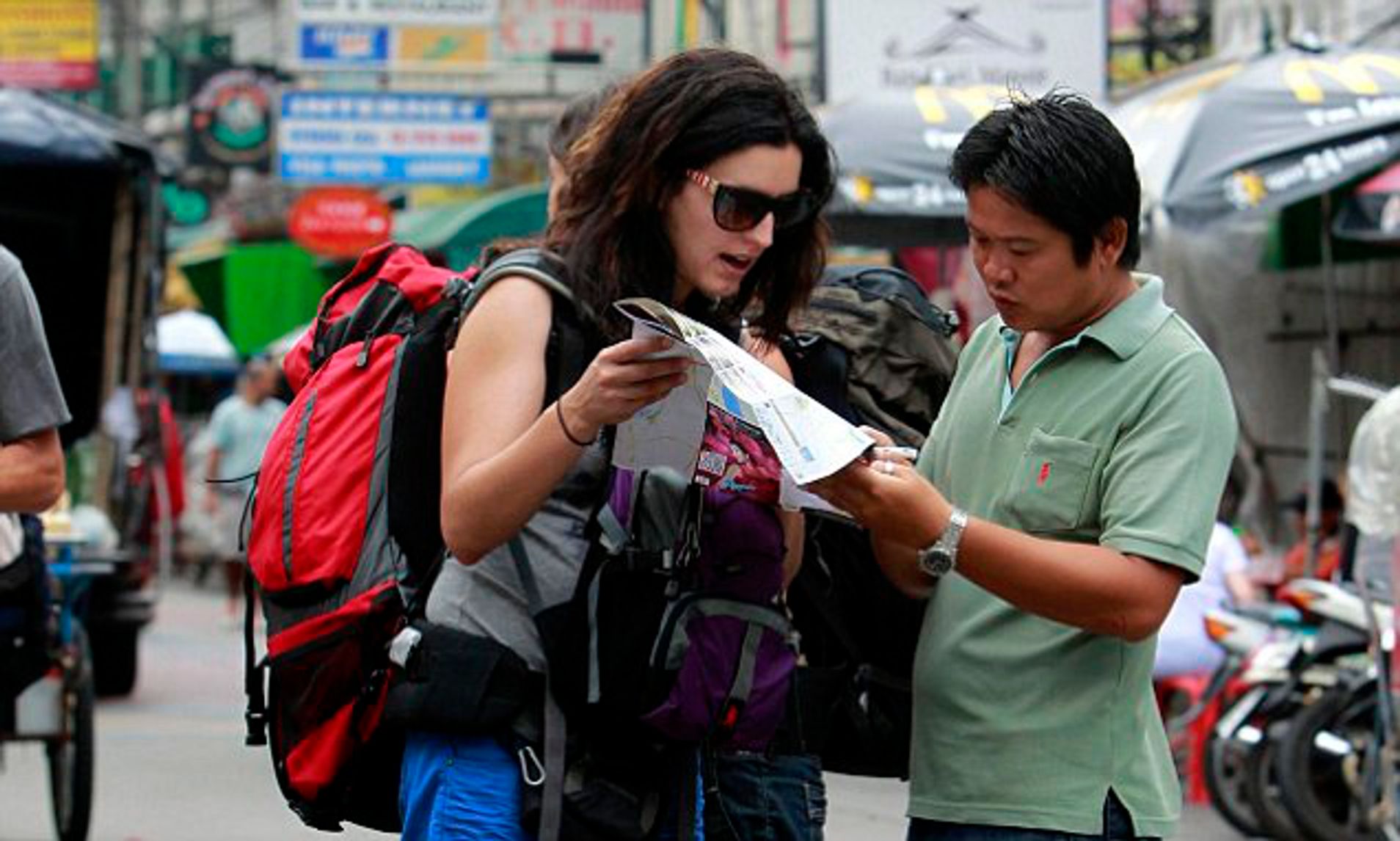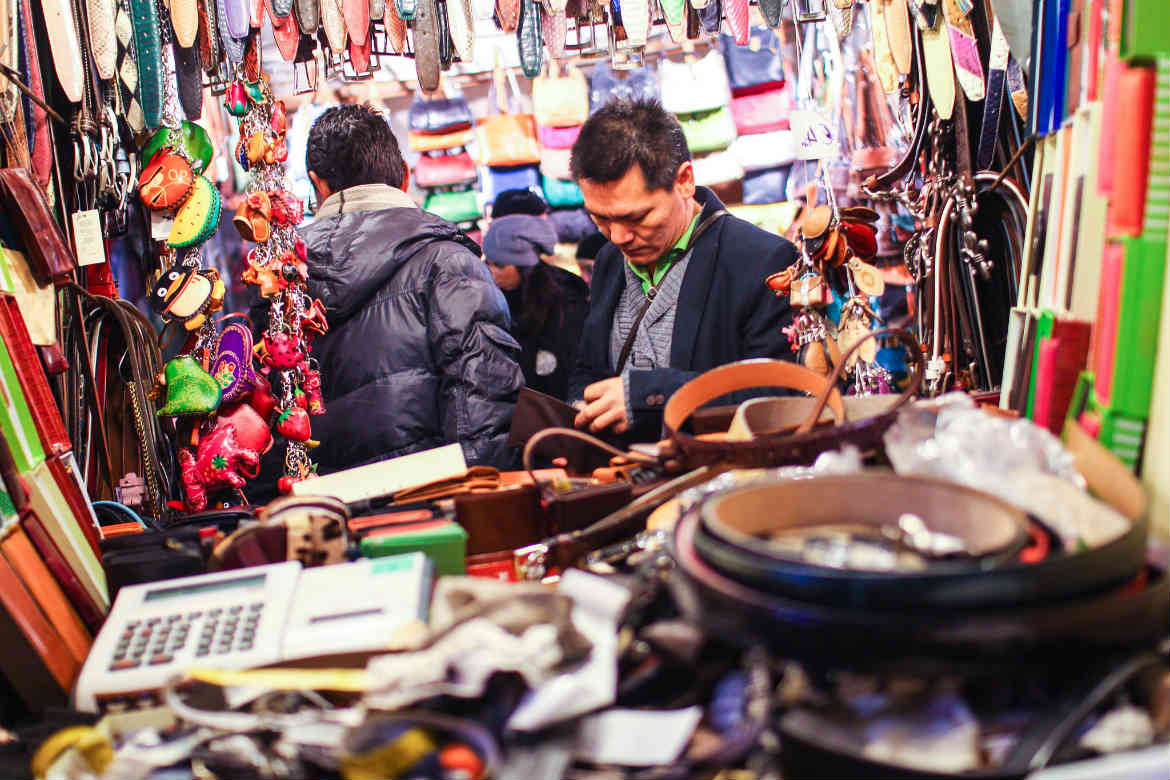
Top 10 Tips To Avoid Being Scammed On Holiday
Travelling the world is an amazing adventure, but the truth is that there is an element of risk involved. Although most people you meet will be pleasant, no matter where you go there is always a chance that someone there will be dishonest in an attempt to rip you off, steal from you or dupe you in some way.
When you are a traveller in another country you are at a disadvantage because you will be a little bit bewildered, overwhelmed and unsure of how things work. It is this confusion that makes you more vulnerable to unscrupulous people who will try to take advantage of you. Travel scammers know this and their scams are designed to capitalize on it. However, this doesn’t mean that you should avoid travelling and all of the wonderful experiences it has to offer. Not everyone is out to screw you over and most travel scams can be easily foiled with a little knowledge and common sense. The key is simply to be as prepared, informed and aware as possible so that you can avoid getting scammed.
Here are 10 tips that will help you stay one step ahead of the scammers:
1. Research the Common Scams So You Are Aware of Them
One of the most effective things that you can do to avoid getting scammed is to simply be aware of the scam in the first place. If you know how a common scam works, alarm bells will start ringing as soon as the scammer starts to lay the groundwork.
Before you go on your trip, head to Google and type in “Common Scams in (Your Destination)” and take the time to do some reading. You might find that there are scams that are specific to a certain area, such as a popular tourist attraction, or scams that are widespread around a certain region.
2. Beware of “Helpful” People who Approach You First
In many common scams, the con begins with someone approaching you first. They might be offering you travel advice or inviting you somewhere, but in this situation you should be very wary. Why are they approaching you and what do they have to gain by offering you this seemingly “helpful” advice?
Of course, this isn’t the case in every situation and some people are genuinely friendly and just want to help. Just know to be slightly wary and use your judgement on those who approach you out of the blue.

3. Know The Details Yourself
You can avoid a lot of scams and hassles by having some prior knowledge about what you are doing so that scammers can’t try to tell you something that isn’t true. If you are buying something, get an idea of what it should cost beforehand.
Know the opening times, the rules and whether or not there are any “taxes” or “fees” you need to pay. If you are travelling somewhere, find out the distance and what to expect along the way. Get a local SIM card for your phone and use Google Maps to figure out where you are. If you have a smartphone with a SIM card you can use it to quickly research anything that sounds dodgy. If someone gets impatient while you are Googling something to double-check it, that could be a sign that they are being dishonest with you.
4. Don’t Be Afraid to Ask Questions
If something seems strange and just doesn’t feel right, don’t be afraid to question it. Sometimes just by questioning something you can let the scammer know that you are on to what they are doing. Even if it turns out not to be a scam, asking questions can help you be more aware of what is going on.
5. Add Up the Total Yourself and Count Up Your Change
Another important tip is to pay attention when you are making purchases and add up the total of what you are paying. There’s no need to pay more money because someone thinks they can dupe you when you aren’t paying attention. The same goes for counting up your change when you are buying something – it’s not uncommon to get short-changed and those small amounts can really add up and eat into your travel budget.
6. Don’t Give Money to Child Beggars
In many destinations around the world such as South and Central America and Southeast Asia, you might be approached by young, dishevelled children with bare feet and dirty clothes, trying to sell you little trinkets or ask you for money. In that situation, it’s so hard to say no. How can you say no to a poor little child? However, giving the child money in this situation will actually cause them harm rather than help them.
There is almost always an adult behind the scenes who knows that cute little grimy children make people feel sympathetic enough to give more money. The children should really be in school rather than making sad puppy dog eyes at tourists. Any money you give them will keep them on the streets instead of helping them get an education and will go directly to the adult – who may be abusing them or keeping them away from their families. When these kids don’t get an education, it dooms them to continue the cycle of poverty.
7. Be Wary of Distractions
Scammers, thieves and pickpockets will often create a dramatic distraction to capture your attention so that they can more easily rob you. For example, a fist fight might break out right in front of you, or a group of children might surround you begging you for money, or an elderly woman might fall over.
It’s hard to tell if these situations are real or just a ruse to draw your attention away, but when you know that this is a technique that is used you will be more vigilant when things like this happen. If something out of the ordinary happens right in front of you, be alert and aware to what is going on.
8. Scammers Prey on Greed
If you find yourself offered something free or a bargain that is just too good to be true, it probably is too good to be true. Many scammers will take advantage of your basic tendency to be greedy in order to fool you. Many of the scams start by offering you a cheap deal or something free, hoping that you will be seduced.

9. They Also Prey on Guilt
People who are trying to scam you will also use emotional manipulation and guilt to try to coerce you into doing what they want you to do. Adults using sad and grimy-looking children to do their begging as explained above is a good example.
Scammers will try to guilt trip you to make you feel like you have done something wrong when you don’t do what they want. Don’t buy into it- just walk away.
10. Trust Your Gut
Last but definitely not least, one of the most important things to remember when you are travelling is to listen to your instincts and trust your gut. You’ll notice that there will be alarm bells that go off in your head when something someone is telling you just doesn’t make sense or sounds too good to be true. Listen to those alarm bells and approach each situation with a little bit of healthy skepticism.
Has anyone tried to scam you on your travels? Please share your experiences in the comments below!



